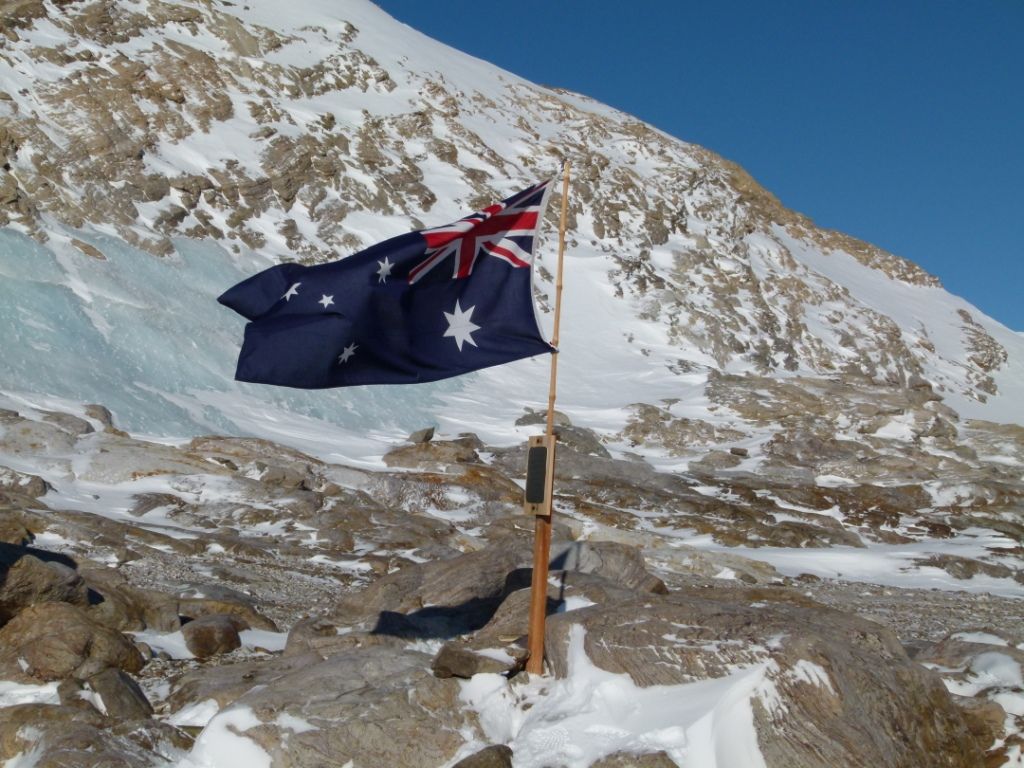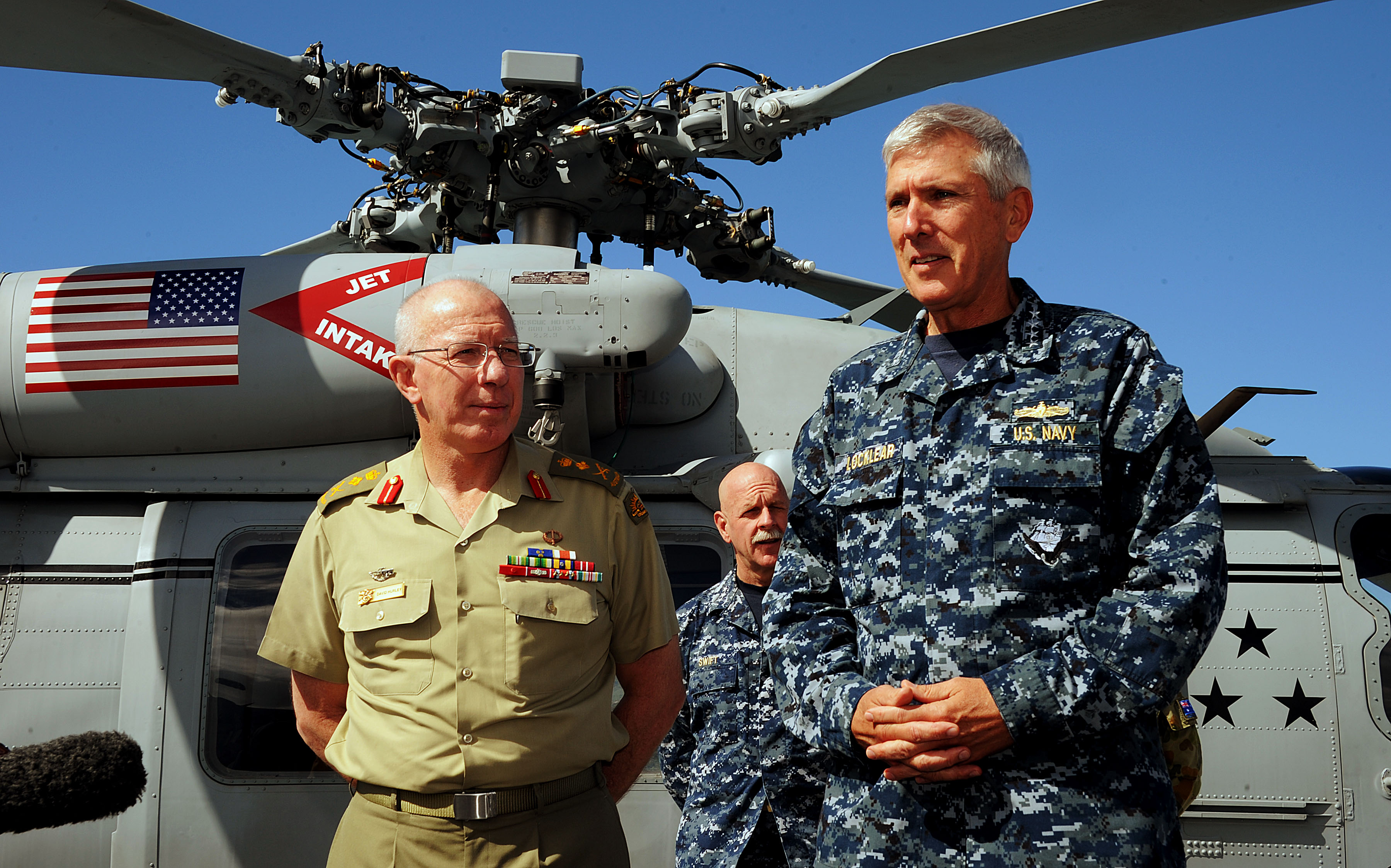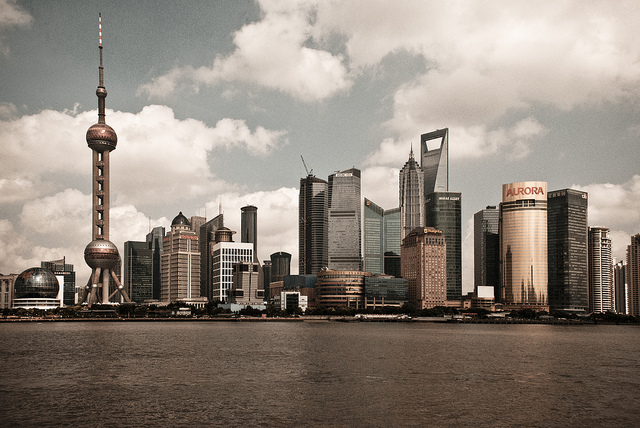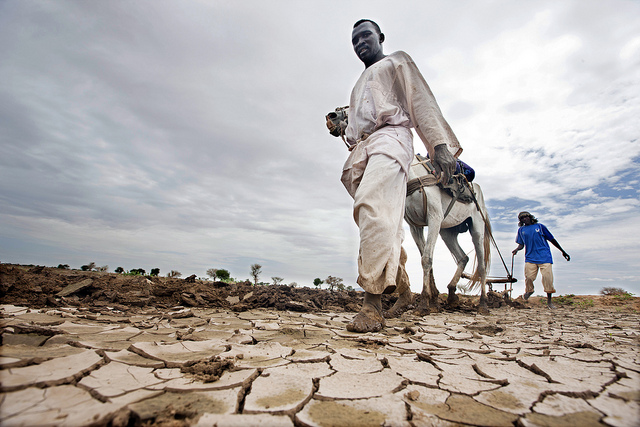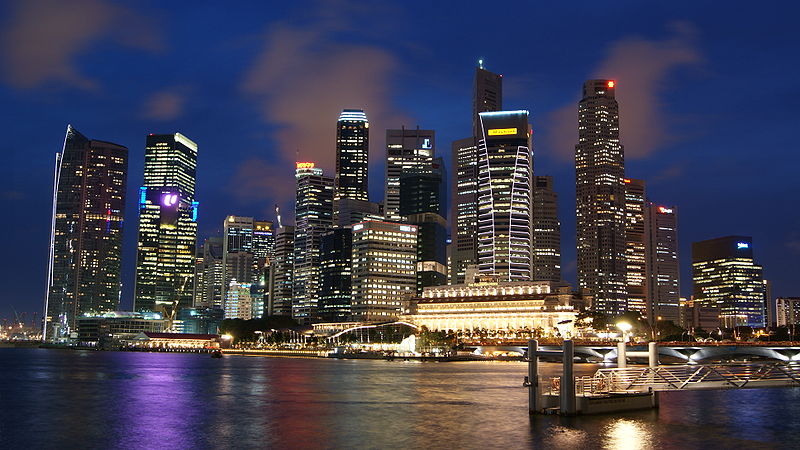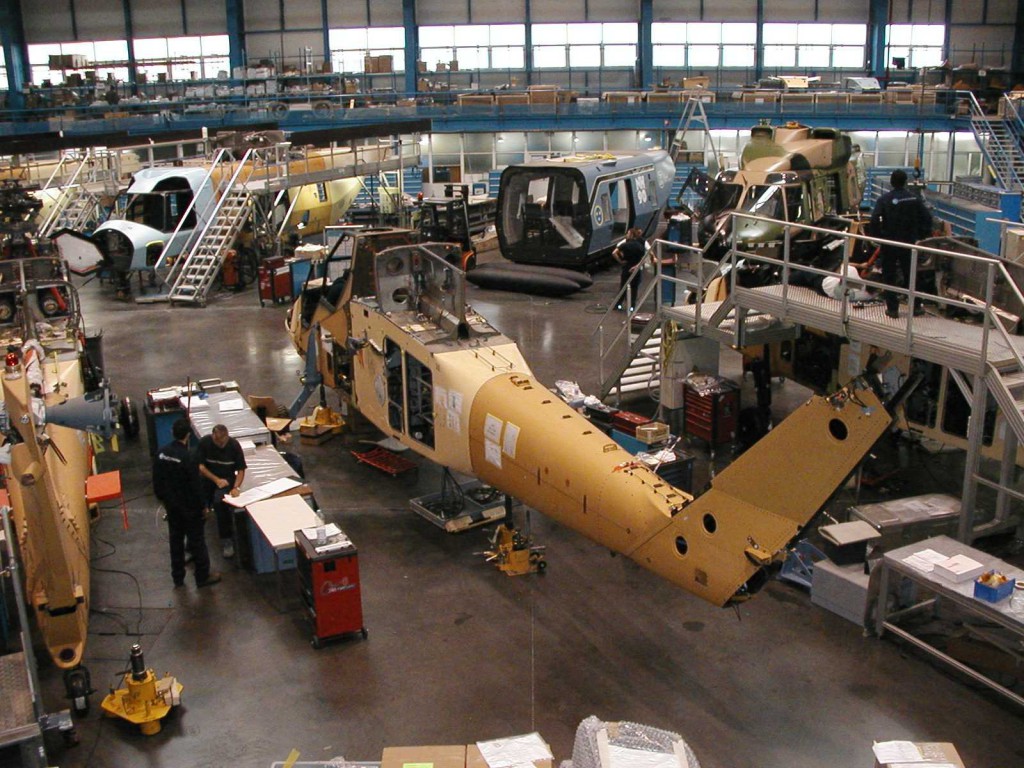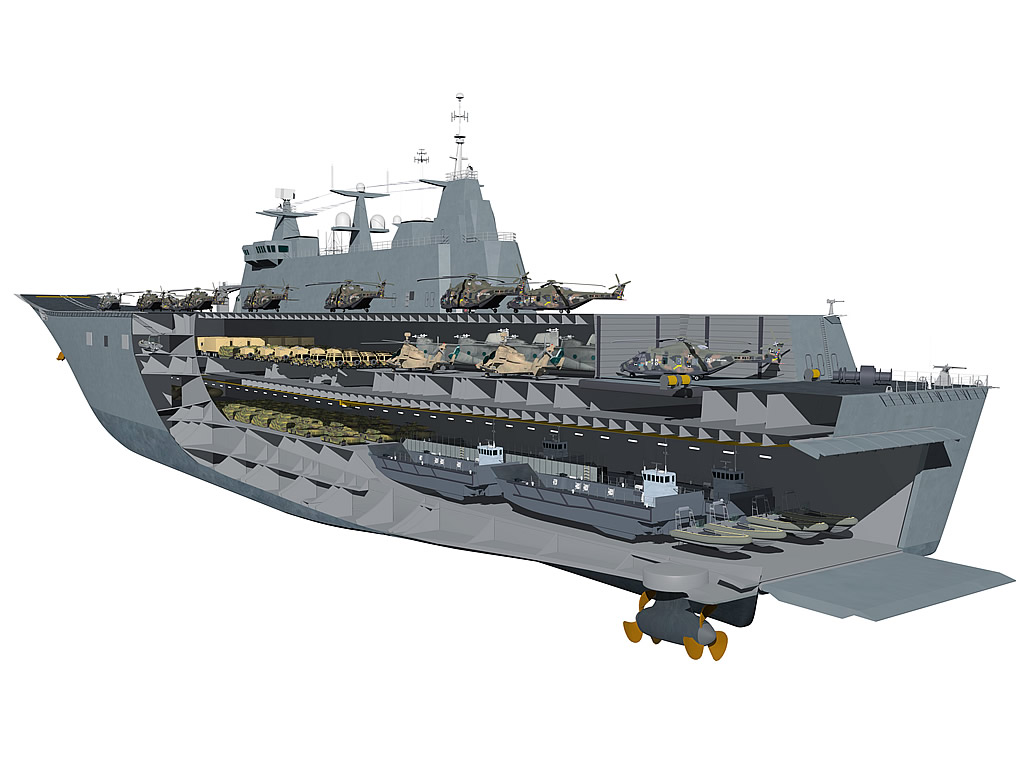Australia–Canada engagement and special operations forces
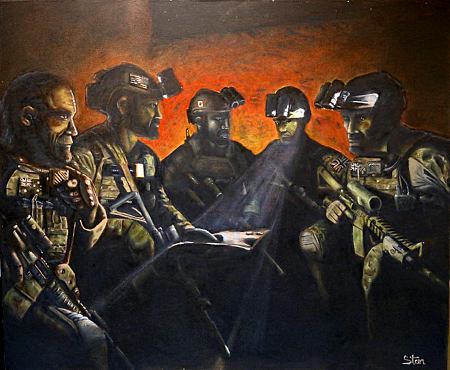 At first glance, the ASPI and CIGI push for Australia to help Canada engage our region to advance its economic interests doesn’t make much sense. Canada is doing nicely already—like in China for example (PDF)—and maybe should be helping us. And, economically, what has Canada—just like the Pythonesque Romans—ever done for us? Just ask the Big Australian: BHP-Billiton! Moreover, our new government seems keener on advancing our economic interests than someone else’s.
At first glance, the ASPI and CIGI push for Australia to help Canada engage our region to advance its economic interests doesn’t make much sense. Canada is doing nicely already—like in China for example (PDF)—and maybe should be helping us. And, economically, what has Canada—just like the Pythonesque Romans—ever done for us? Just ask the Big Australian: BHP-Billiton! Moreover, our new government seems keener on advancing our economic interests than someone else’s.
Peter Jennings’ argument however, is compelling. It’d be helpful to have another middle power at regional meetings. That’s enough of a shared objective to form the basis of our developing engagement strategy—although others suggest that stronger factors pulling Australia and Canada together are historical legacies and debts of gratitude, or our being similar countries with assumed similar interests (here and here). A consensus from recent events (PDF) is that some practical measures within existing frameworks are needed to advance this common objective rather than creating some new meeting opportunity—ASEAN already has plenty of those. Read more

